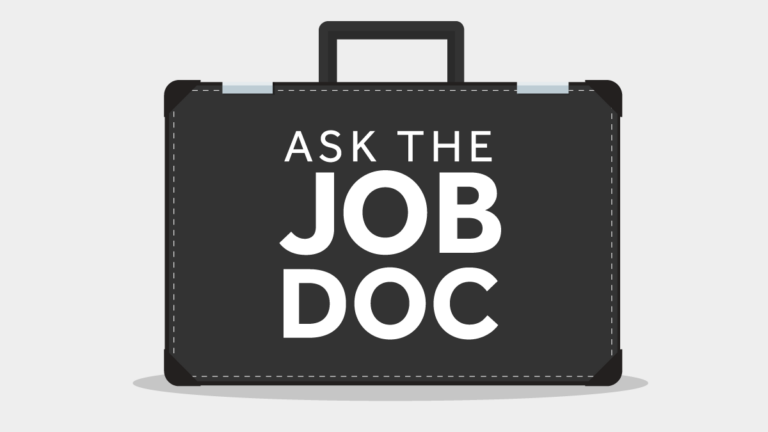Jobs
Elaine Varelas provides the pros and cons of making a lateral move or staying in your current department.

Q. I work for a large company (5K+) with a variety of departments. My good friend, who is a higher up, thinks I should make a lateral move to his department as there is more opportunity for growth there, while my department is smaller and more competitive. I am well known and respected and do agree that there is more opportunity for faster growth in his department. Do I start over with a new department, where I will have to prove myself again? Or do I stick with what I know and progress at a slower rate, but not have to “start over”?
A. It’s wonderful that your friend would like to have you move under his department. And he believes that you will progress faster than what’s currently happening in your smaller department. This could position you for future promotions and broaden your skill set. Does the new department align with your long-term aspirations? If it offers skills or experiences critical for future roles, it may be worth the move. How confident are you in your ability to adapt to a new environment and prove yourself again? If you’re adaptable and confident in your skills, the transition should be smooth. If you are interested in this role and an opportunity for growth and are well known and respected, there’s no reason for you to think that you have to start over or prove yourself with new colleagues in this department.
Recognize that there are challenges that shouldn’t be overlooked in terms of working for a good friend. How will this friend act as your manager? Are there things in your workday that this person won’t like that you might feel very comfortable doing with your current manager? You might have a conversation with your friend about his style as a manager and what would happen if your performance wasn’t up to his standards. The reality is that managers can’t always protect friends in a work environment.
If other people are aware of this friendship, you may not be as well liked as you might be if you didn’t have this relationship. HR may not think this is a good idea and may in fact turn down this move. Reporting to a friend is not always the easier route to travel. Perhaps your good friend can help you find another department where you don’t report to them that would help your career grow more quickly than it currently does in your current department. Or perhaps you can discuss how long this situation might be for, or what happens if the friendship is threatened, even though you don’t think so now.
Deciding whether to make a lateral move or stay in your current department requires careful consideration of your career goals, growth opportunities, and long-term aspirations. If you do decide to stay in your department, this will allow you to build deeper expertise in your current field, which can be valuable if you apply for specialized roles. While growth might be slower, it is more predictable compared to starting anew elsewhere. You know the people, the processes, and the culture of your current department. There’s comfort and stability in that. And you are already well-known and respected, which can make it easier to secure promotions or leadership roles over time. Your friend is also a network contact, and a great deal of success happens just that way in the world of work.
Boston.com Today
Sign up to receive the latest headlines in your inbox each morning.
